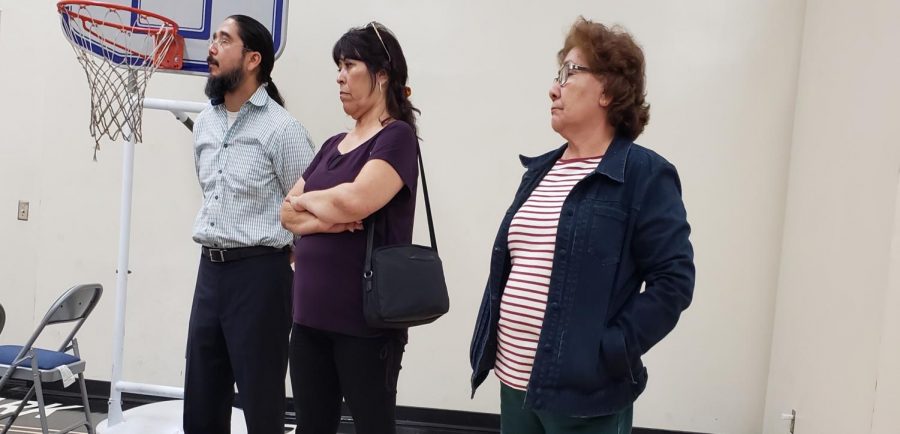A special interest group plead with a coalition of Los Angeles neighborhood councils recently to regulate alcohol retailers in the city.
The Drug and Alcohol Policy Alliance (DAPA), a nonprofit that advocates against the alcohol industry’s harmful practices, proposed effectively allowing communities to consider banning new liquor licenses in areas that already have a high density of them.
The plan would allow communities and their representatives to identify neighborhood council districts that are at risk. Boyle Heights, South Los Angeles, and Koreatown residents live with high densities of alcohol outlets, according to Socorro Chacon, a DAPA community liaison.
“[They] experience constant threats to their well-being and their families’ wellness,” Chacon said.
In 2013, the city of Los Angeles ranked “high” for alcohol retailers like bars, pubs, and restaurants, according to a Los Angeles County study of alcohol outlet density referenced by Chacon in an email.
Pro-business groups say more shops selling alcohol may help keep costs down for consumers and they note that many of the businesses in question are mom-and-pop shops that employ local residents and contribute taxes and other benefits to the local economy.
The group recently presented the Alcohol Restricted Use Subdistrict (ARUS) plan to the South LA Alliance of Neighborhood Councils, a group of about 14 councils, hoping to restrict alcohol retailers that are negatively impacting certain neighborhoods and residents.
Based on the councils’ advice, the group planned to take the request to individual neighborhood councils, which can then consider providing a letter of support and asking by city’s Planning and Land Use Management Committee to consider the issue.
Los Angeles DAPA member Jorge Castillo said in an interview that alcohol is strongly correlated with crime. He added that the number one factor behind gun violence is alcohol and 60 percent of all alcohol-related violent incidents happen among family members. According to a study from the Harder Company Community Research group, 44 percent of L.A. neighborhoods have alcohol outlets.
“[We are] dealing with…corporations who are finding any way to sell alcohol and make profits but we are fighting back,” said Castillo.
Under the proposal, communities with a high concentration of alcohol outlets would ask to have an ARUS designation placed on the area and if it’s granted by either the neighborhood council or another local body, then no new alcohol licenses can be issued there.
“With this tool, residents can exercise their right to make their neighborhoods a great place to live,” said Chacon. “By creating direct ways in which residents can influence how land is used in their neighborhoods, we can make Los Angeles a more vibrant city for all.”
Folks interested in more information about the plan or DAPA can call (818) 837-2272, visit www.ladapa.org or follow the group’s Instagram and Twitter handle, @LosAngelesDapa.
This story was originally published in the Oct. 29 print edition of the University Times.
Community News reporters are enrolled in JOUR 3910 – University Times. They produce stories about under-covered neighborhoods and small cities on the Eastside and South Los Angeles. Please email feedback, corrections and story tips to UTCommunityNews@gmail.com.







